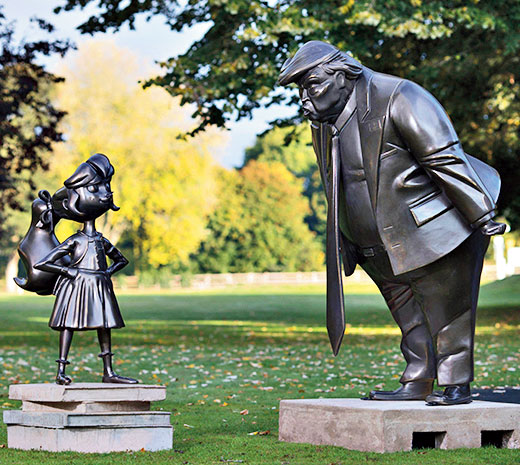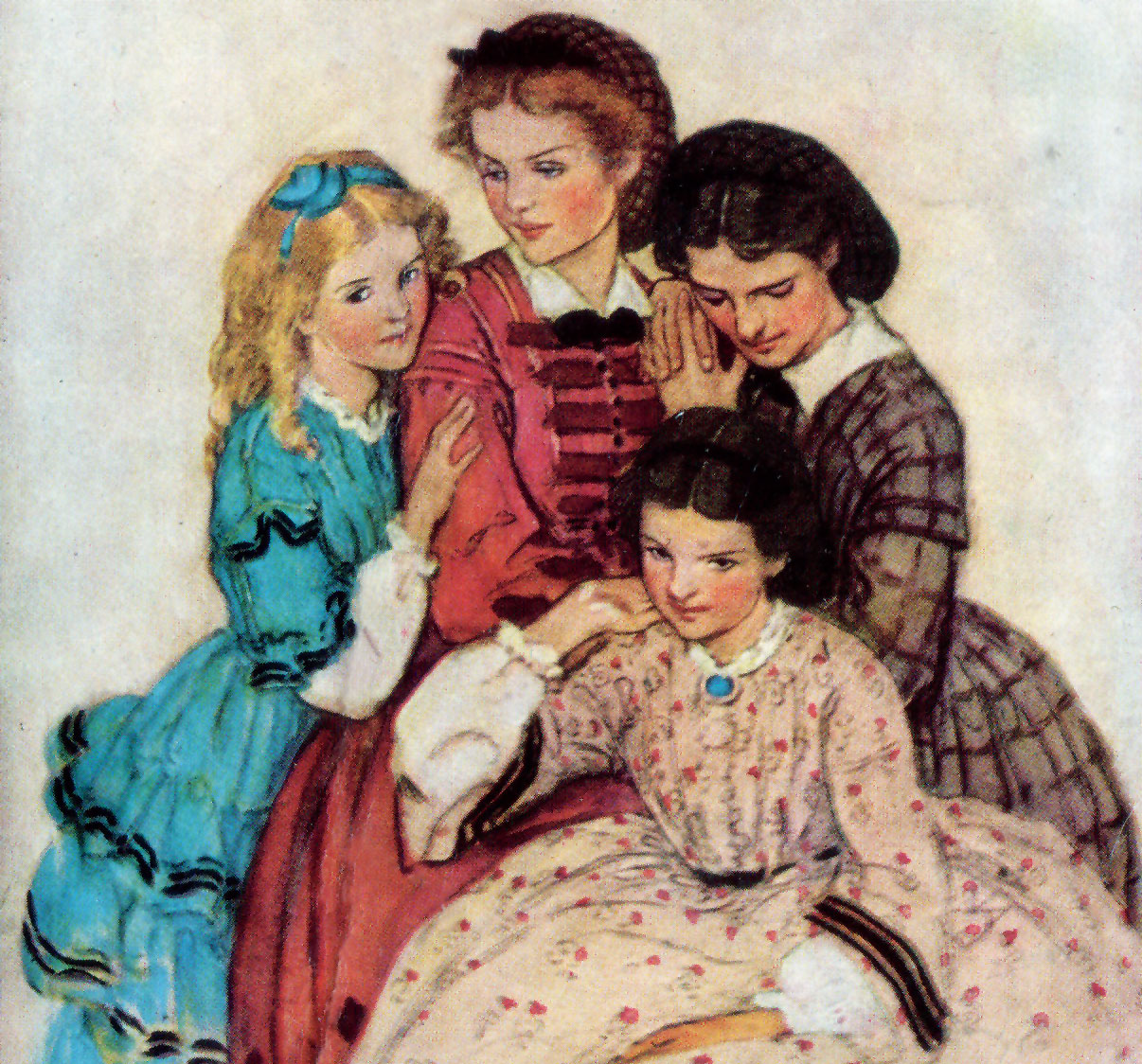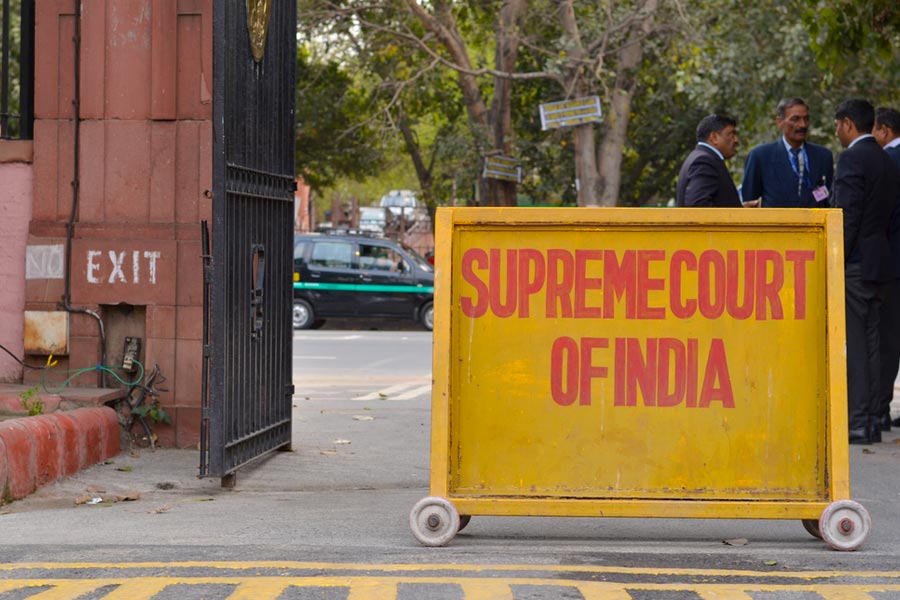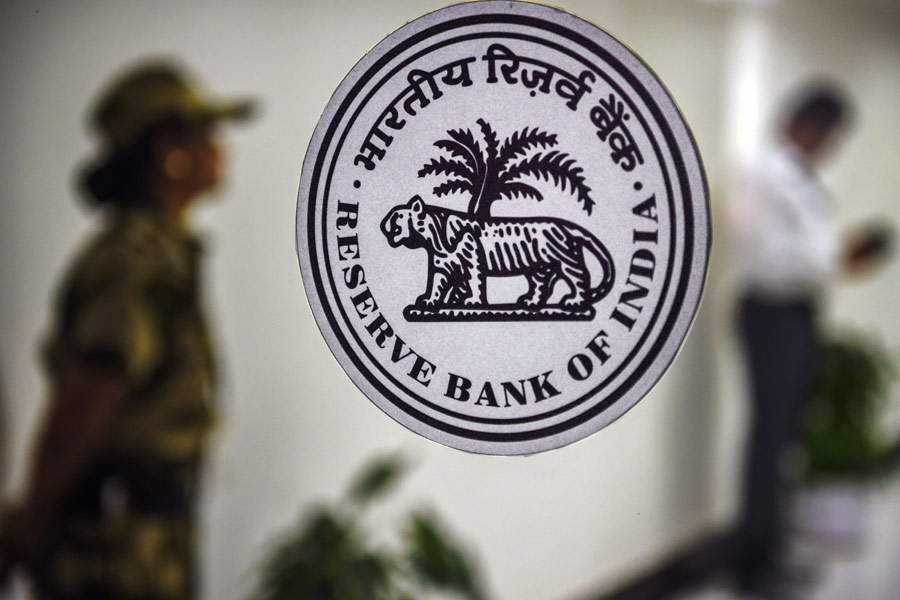Yet, somehow, it is more convenient to put Camus in a box and tag him as merely an existentialist and a lofty intellectual, labels that continue to define him in spite of his persistent disavowals. But by no means is he alone in being the victim of such unthinking categorization. The Colombian author, Gabriel García Márquez, is mostly celebrated for his “richly composed world of imagination”, a phrase used by the Nobel Prize committee. Consequently, Márquez’s underlying political commentary is often pushed out of focus. Like Márquez, who insisted that the identity and history of Latin America comprised the core of his writing, Camus, too, emphasized — although to little effect — his intent of making a difference to the world through his unsettling ‘philosophy’. Addressing the scruples of “human conscience”, for which he was awarded the Nobel Prize in 1957, was perhaps only a step, possibly the first one, in his conception of the ‘modern man’ — stripped of social conditioning and open to engaging with the world with complete objectivity.
Why, then, do segments of the literary community choose to ignore Camus’s assertion that individual agency could be exercised to change the world and resist oppression in society? Is then the glorification of the recluse, a trait that his characters seem to embody, an attempt to neuter his spirit of rebellion?
There is, however, a steep price to pay for being the outsider. Throughout history, dissidents have been treated as outcasts and forced into exile. Unpopular opinion landed Salman Rushdie and Orhan Pamuk in trouble. Perhaps the task of the writer is akin to that of the miniaturists of Pamuk’s My Name is Red or Camus’s Sisyphus — ceaseless and tiring, but deserving of renewed effort every day.
There are at least two things in common between the devil and the writer: both like to challenge accepted order and both have deceptive appearances. Albert Camus, born 105 years ago in November, was apparently eccentric: he named his cat Cigarette, preferred writing standing up and earned a reputation as an obsessive womanizer. But besides courting women, he was also infamous for courting controversy. Camus maintained radical political positions — be they his idealistic views on the Algerian War or his condemnation of capital punishment. He was willing to defend his opinions, even at the cost of invoking the wrath of the world.












